What Pixel Phones Get Right About Everyday Convenience
Contents
Phones are meant to make our lives more convenient, but the reality doesn’t always match up. Streams of irrelevant notifications, apps you only use once, and bloatware get in the way. Minimalist phones offer a distraction-free experience, but they miss out on many of the convenient features found on standard Android phones. Your phone should be an asset, not a frustration, and that’s why I carry around a Pixel phone.
Google Pixel phones aren’t perfect. The company’s mission to cram Gemini into as many products as possible has meant Pixel phones aren’t quite the minimalist Android experience that sets them apart from the bloatware-filled Samsung Galaxy phones. Nevertheless, Pixel phones get a lot right about everyday convenience, which makes them my favorite Android phone.
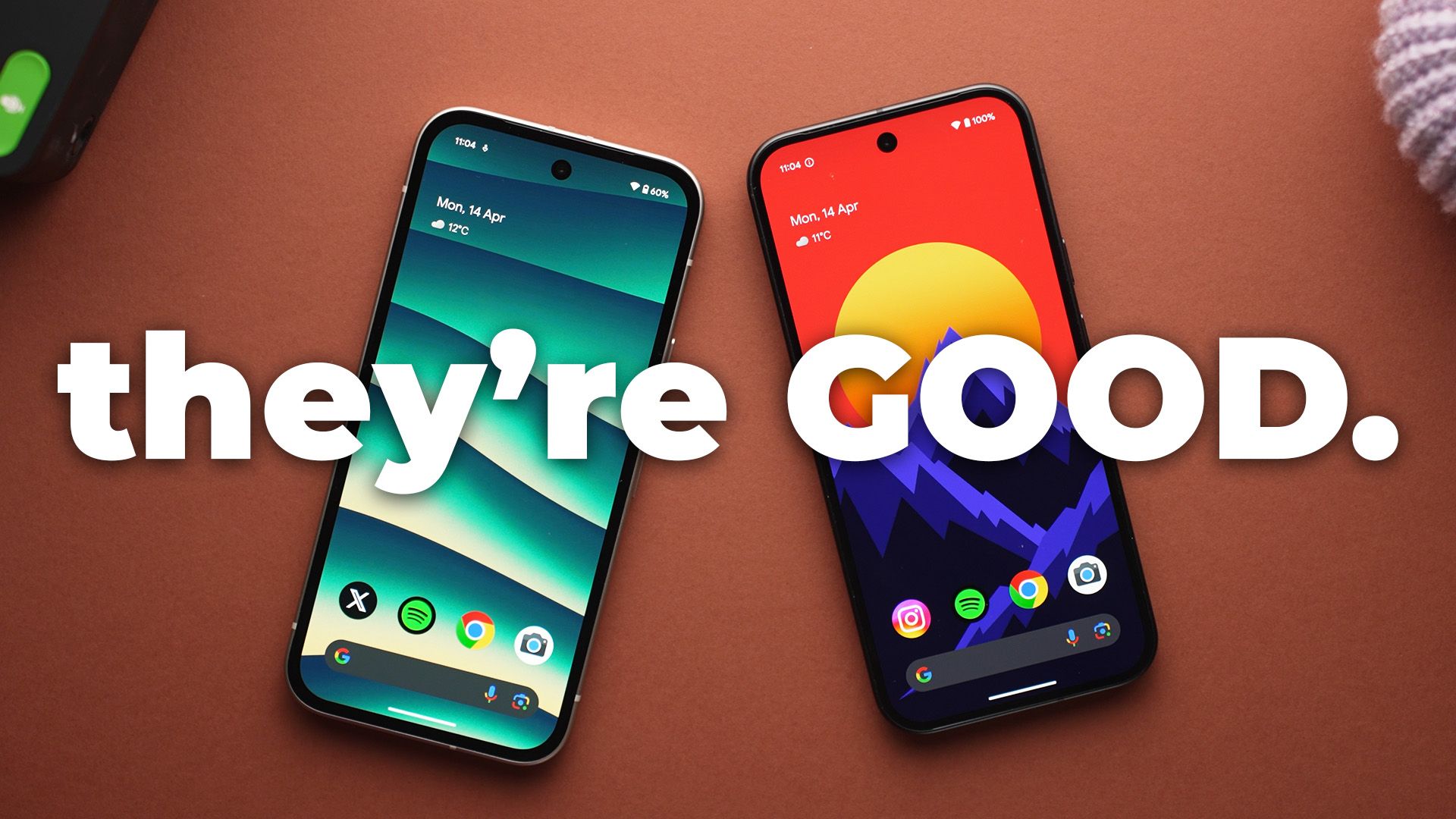
Related
10 Google Pixel-exclusive features worth switching for
Once you try Pixel, you will wonder how you lived without it
Pixel phones have mastered the most basic function of a phone
Calling is still a core experience of our phones
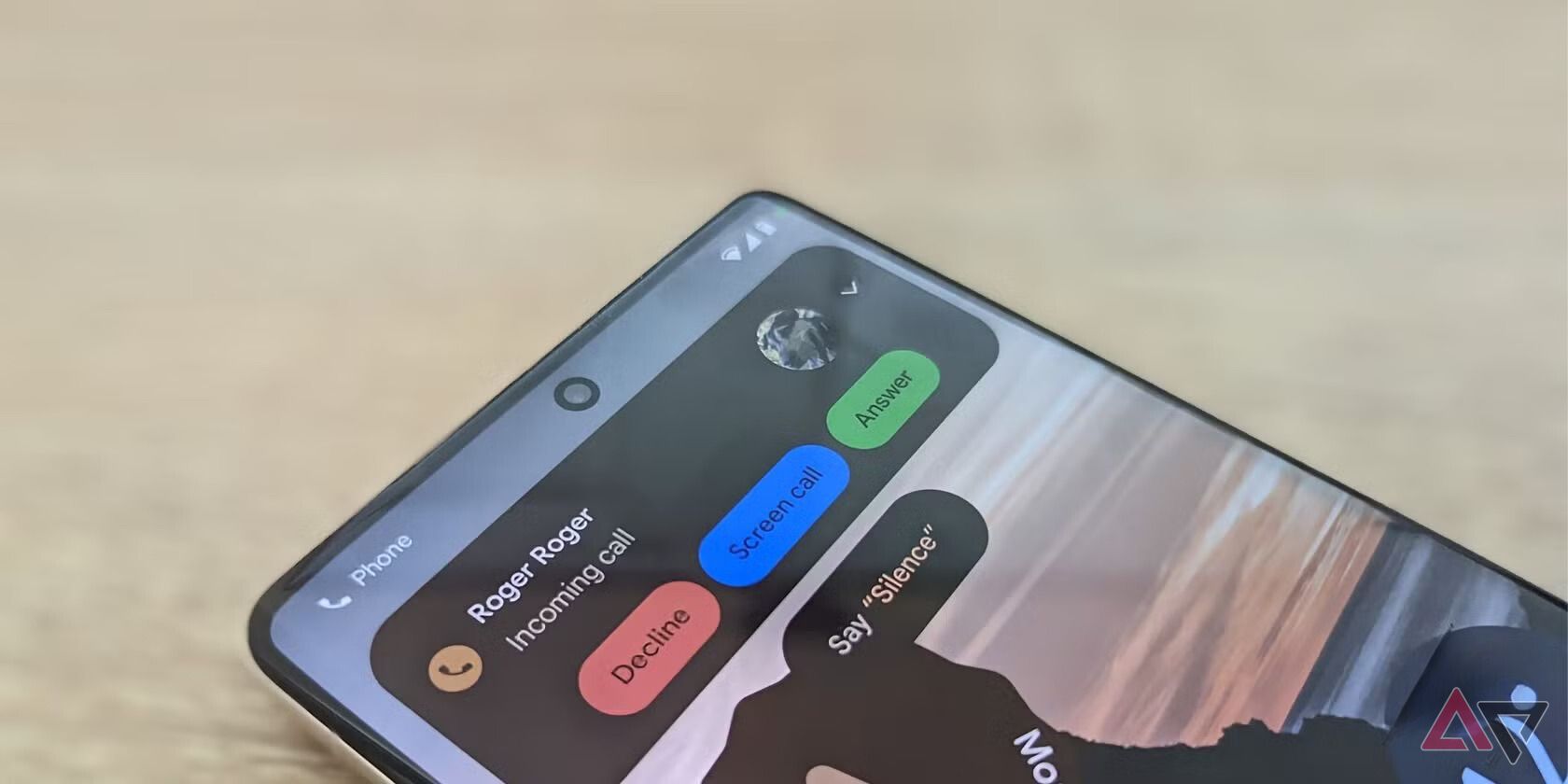
A long, long time ago, there was no texting, no cameraphones, and certainly no TikTok. A phone existed to call people, and that was that. A better time? Debatable. A simpler time? Definitely. But history lesson aside, it’s remarkable how little we use our phones for their original purpose in 2025. But, even if you prefer to video call over WhatsApp, or send voice notes over Snapchat, you’ll struggle to get far by completely ignoring the phone part of your smartphone. It’s such an everyday experience that flashier features are prioritized, but not for Pixel phones.
Pixel Call Assist is a collection of features designed to enhance your calling experience. These features can filter out spam calls, summarize automated menus, wait on hold for you, calculate estimated wait times, and filter out background noise. These features solve problems we’ve had to deal with for decades, and there’s no catch, as long as you live in the US.
I’m not particularly bothered about using the latest generative AI app or experimenting with new camera features, but I do care about making frustration-free phone calls. When I make a call to a business from my Pixel in the US, I can quickly skip through automated menus, then put my phone down as I wait on hold. When I receive a call, I can pick it up knowing my phone has let it pass the spam call check. These are experiences I value every day I’m in the US. When I think of “everyday convenience,” I think of Pixel phones. It sounds a bit like an advertising slogan, but it’s true.
The limited rollout of these features is the only frustrating thing about Pixel Call Assist. Depending on where you live and which Pixel phone you have, you can have all, some, or none of these features. Nevertheless, it’s amusing watching Google try to pitch Gemini as a tool that will make our lives more convenient while it shoves its most successful feature into the background.
Google’s ecosystem is convenient, if you’re willing to go all in
The Google ecosystem is thriving
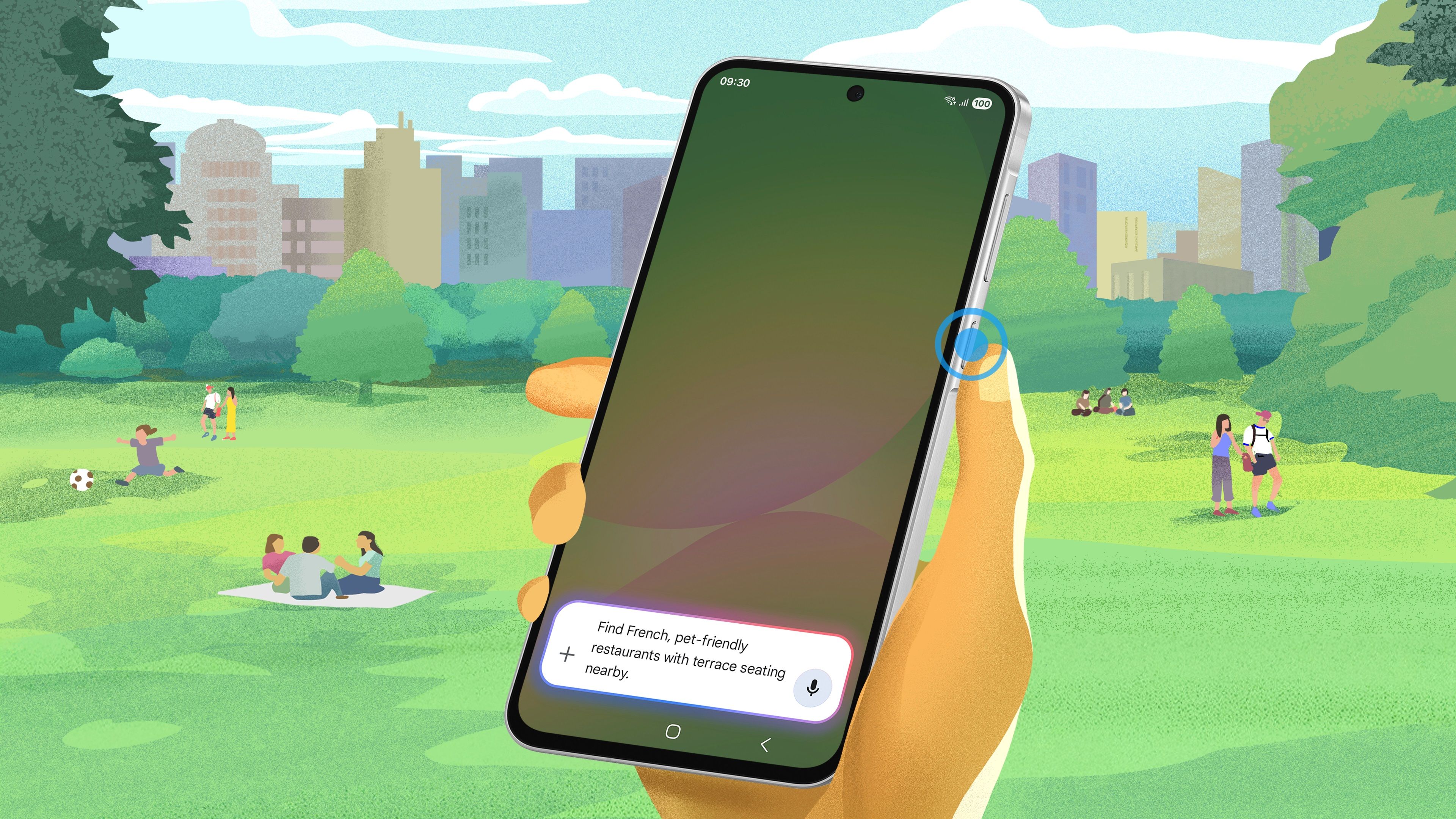
Source: Samsung
Over the last few years, we’ve seen a concerted effort by Google to bring different Android devices together. Features like Quick Share are obvious examples of this, but the unified design language of Material You has made our phones, tablets, smartwatches, and Chromebooks feel like different devices built to work together. Dive into Google’s apps on any device and you’ll feel instantly at home. Switching between different devices to work on the same Google Doc is seamless; I regularly touch up articles on my phone while out and about, as it’s so convenient.
Apple successfully built a hardware ecosystem years before Google, but Apple’s software isn’t as widespread or accessible as Google’s. If you’re willing to dive into Google’s software and hardware ecosystem, you have a massive range of devices to choose from. While you don’t technically need a Pixel phone for this, they’re the best for it.
Pixel phones get new Android features first, and thanks to the quarterly Pixel Feature Drops, they regularly get exclusive features too. Updates to Google Workspace apps are universal, but when they emphasize Gemini so heavily, it’s useful to have a Tensor-powered phone on hand to power companion features on your phone.
What’s the catch?
If you want frustration-free communication and a seamless hardware and software ecosystem, Pixel phones are your best choice. They get a lot right about everyday convenience; they’re packed with helpful features you’ll notice daily. But it’s not all good news.
Google’s emphasis on Gemini means we’re now paying for AI features whether you like it or not. The success of Google’s AI-powered features varies dramatically, but in the end, they take what should be a core Android experience away. That of choice. Google is building a walled garden where we’re forced to use its features whether we want to or not. Convenience is fantastic, but I would happily answer a spam call now and again than have Gemini forced upon me.
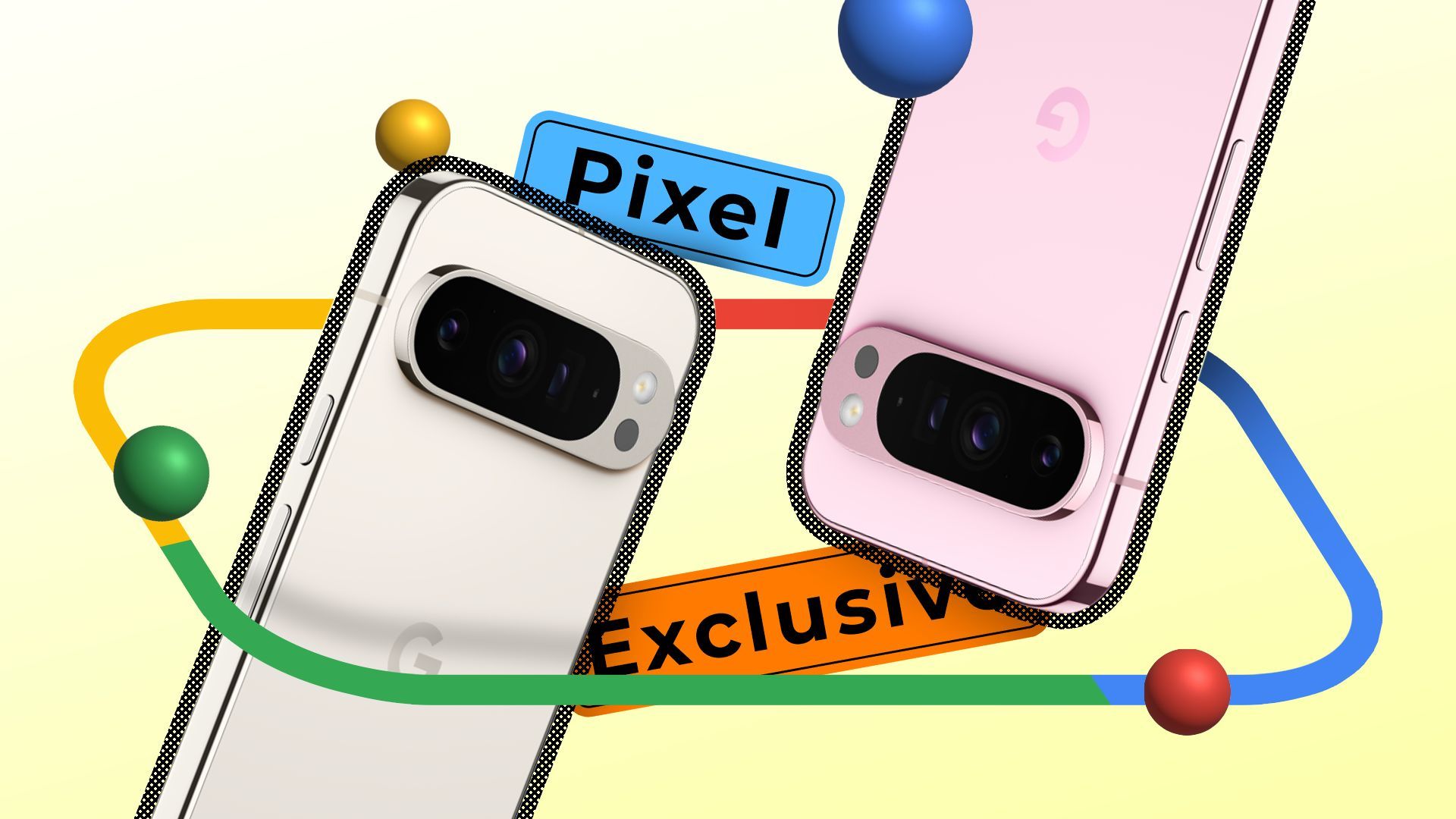
Related
What’s your reaction?
Love0
Sad0
Happy0
Sleepy0
Angry0
Dead0
Wink0


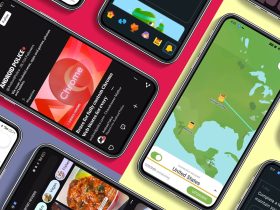





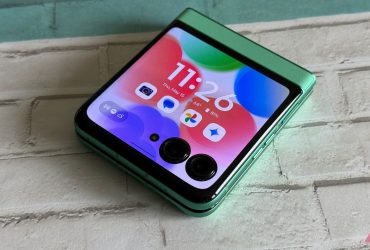
Leave a Reply
View Comments